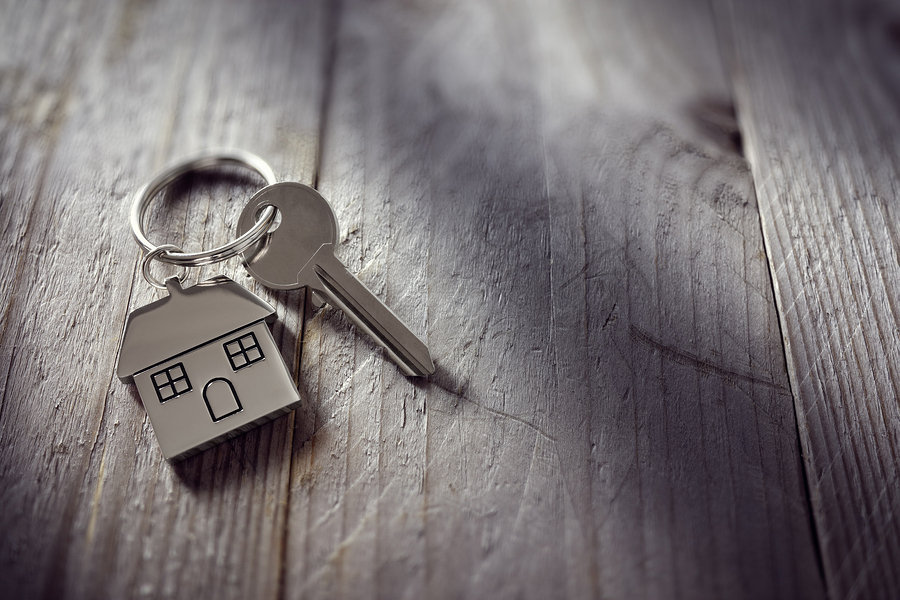Home is where your heart is. For many, the idea of “going home” simple means going to wherever Mom and Dad’s house is. It may or may not be your childhood home, but somehow it’s become “home,” because they are there. While it is unpleasant to think about, it becomes quickly apparent that after losing both or the last parent, it’s time to also make arrangements regarding their home and estate. With some careful planning, you can help leave your loved ones with a piece of home in their hearts, and provide for them even in your passing.
-
What is a Deceased Estate?
A deceased estate is what is left behind when one or both spouses die. What comes next in the distribution of the estate depends on if they have a will or without a will.
-
What if my parents had a will, what’s next?
When a parent dies with a will, it is called dying testate. The process of proving the validity of the will is called the probate process. This may or not be necessary based on the size of the estate as well as what sort of estate planning had been done prior to the deceased death. Often probate can be avoided through the use of a living trust in which the assets of the deceased estate transfer directly to the heirs.
-
What if my parents didn’t have a will?
When someone dies without a will it is called dying intestate. In these instances, the estate and the distribution of the assets of the estate will be subject to the intestate laws of that state. It’s important to see a legal professional in your state for help to help control where you want your assets and estate to go.
-
What happens to my parent’s house when they pass away?
Depending on the state in which the property is will dictate the process that will need to be followed. If the couple owns the property as joint tenants, then it will automatically pass to the surviving spouse. At the second death, it passes by the terms of that person’s will. But what happens if there is still a mortgage on the property?
Option 1: The heirs take over the loan
The heirs assume the home loan with the same interest rate and payment that their parents had. Essentially after following legal formalities, you are handed the deed of the property.
Option 2: The heirs refinance the home loan
It is possible that once the property is transferred, the heirs can benefit from a lower interest rate and reduced monthly payments. If the heirs can’t qualify for the new loan, they can opt to keep the original mortgage if they can afford the old monthly payments.
Option 3: The heirs inherit the property free and clear
Perhaps your parents had enough funds elsewhere to simply pay off the loan. Or if there was a mortgage protection insurance policy that would automatically pay off the balance.
Option 4: The heirs can’t assume the monthly payments
Mortgages on properties inherited cannot be assumed. If the home is worth less than the balance on the mortgage, it might be best to walk away from the property. Some people just sell the properties or have them foreclosed by the lenders.
Option 5: The property has a reverse mortgage on it, then what?
A reverse mortgage is a lien on the home. The loan comes due when the borrower dies. The heirs will only inherit the home if the balance can be paid off without selling the property. To accomplish this, the heirs would have to pay off the balance from cash from the estate or another source.
-
Do I Need to Close Their Bank Accounts?
Upon the death of your loved one, you’ll need to inform the bank of their death and provide a copy of the death certificate and will, as well as any other documentation that they request. In order to manage the account, you must be a joint account holder, or be named in the will as an executor. If this wasn’t done, you’ll have to file the appropriate paperwork with the probate court to receive a Letter of Testamentary, which effectively names you as the administrator of the account. You can then access the accounts to pay off creditors.
Why Is Estate Planning Important?
Making your estate planning a priority is a gift you can leave behind to your loved ones. It gives you the peace of mind that your hard work in this life, can go on to bless your loved ones even after your passing. Let Law Offices of Paula Hannah, PLC work with you to help craft a plan that suits your specific needs and wishes. You can’t take ‘it’ with you, but you can plan to leave a bit of home behind for your loved ones.

